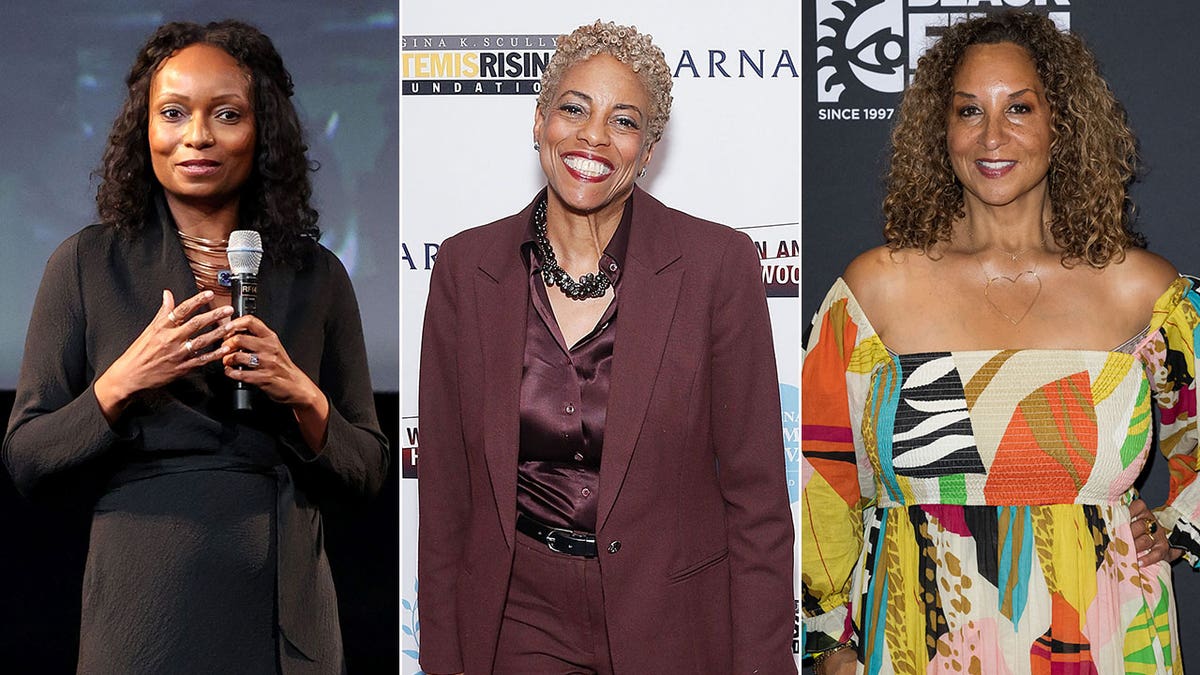Following the Supreme Court's June decision to overturn affirmative action in college admissions, questions have arisen regarding the ruling's potential impact on diversity, equity, and inclusion (DEI) initiatives within corporate settings. The 6-3 ruling, based on the 14th Amendment's Equal Protection Clause, has sparked debate about its broader implications for diversity efforts across various sectors.

Several lawmakers have weighed in on the matter, expressing diverse perspectives. Rep. Gary Moore (R-Ala.) voiced his opposition to DEI programs, emphasizing the importance of hiring based on merit rather than race or other demographic factors. He advocated for a hiring process focused on selecting the most qualified candidates, regardless of background.
Conversely, Rep. Gerry Connolly (D-Va.) expressed hope that the ruling's impact would not extend to the workplace, highlighting the progress made by corporations in fostering diverse workforces. He praised private sector initiatives for often being ahead of government efforts in promoting diversity and inclusion.
Rep. Gary Palmer (R-Ala.) drew a comparison between the affirmative action ruling and concerns about foreign influence in education, referencing a recent hearing on the topic. He questioned the consistency of those who criticize efforts to limit foreign funding in education while also supporting diversity initiatives.

Criticism has also been directed towards the environmental, social, and governance (ESG) movement, with some arguing that it prioritizes political agendas over financial returns. The ESG framework considers factors such as a company's environmental impact and employee relations.

Rep. Chuck Fleischmann (R-Tenn.) expressed uncertainty about the Supreme Court ruling's impact on the workforce but affirmed his belief in the importance of diversity and opportunity. He shared his conversations with individuals from diverse backgrounds who view America as a land of opportunity and progress.
Comments(0)
Top Comments